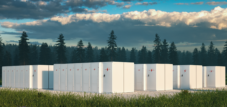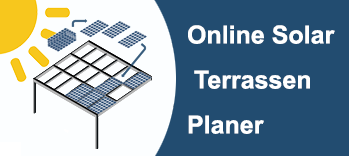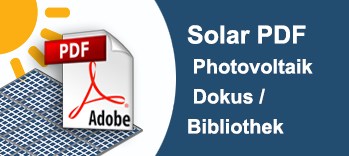EEG draft bill violates the interests of small and medium-sized businesses
Language selection 📢
Published on: September 16, 2020 / update from: September 16, 2020 - Author: Konrad Wolfenstein
Absurd discrimination against personal consumption
The German Renewable Energy Sources Act (EEG 2017) regulates the preferential feeding of electricity from renewable sources into the power grid and guarantees their producers fixed feed-in tariffs. While the EEG was deemed successful by the federal government in terms of the expansion of renewable energies, its economic and ecological efficiency as well as aspects such as exemptions for industry are controversially discussed.
According to the legal definition (Section 1 Paragraph 1 EEG), it should be in the interest of climate and environmental protection
- enable sustainable development of the energy supply,
- reduce the economic costs of energy supply by including long-term external effects (internalization of external costs),
conserve fossil energy resources and - promote the further development of technologies for generating electricity from renewable sources.
The share of renewable energies in the electricity supply is to be increased to 40 to 45% by 2025 and to 55 to 60% by 2035 (Section 1 Para. 2 EEG 2014).
The first draft bill to amend the EEG has now been published. The Federal Association of Regenerative Mobility eV (BRM) focuses on optimizing the conditions for medium-sized businesses, small and medium-sized municipal utilities and citizens to actively participate in the energy transition.
Only through a rapid, massive expansion of photovoltaics, wind energy, biogas (including biomethane), storage technologies such as hydrogen electrolysis with H2 use in mobility, as well as regeneration of electricity and electric mobility can fossil fuels be replaced quickly enough to counteract the climate catastrophe.
Unfortunately, the draft only considers exempting hydrogen electrolysis from the EEG levy, according to the BRM:
- The most climate-friendly and cheapest way is to use self-generated energy yourself. The draft bill continues the absurd discrimination against personal consumption.
- The expansion targets are far too low because electricity consumption for 2030 is set far too low at 580 TWh.
- If 100 TWh of hydrogen is to be produced regeneratively in 2030 in accordance with the federal government's hydrogen strategy, huge production capacities will be required. The share of 14 TWh from domestic production is set far too low anyway. Importing hydrogen only makes ecological and financial sense if the exporting country supplies itself with (almost) 100% renewable energy. Otherwise, the transportation and infrastructure required cannot be justified.
- Even if only 14 TWh were produced domestically, the need for electricity from renewable energies would increase dramatically. This is due to the completely inadequate measures taken by the federal government to save electricity on the one hand and the expansion of electromobility and data centers on the other.
- The expansion of the obligation to tender to roof systems under 750 KWp is causing significant harm to citizens and medium-sized companies.
- The justification for the law expressly serves “professional planners or investors” and recognizes itself that “competitive tenders are not very suitable for“ private investors ”and citizens' energy companies. The draft speaker expressly wants to exclude the majority of citizens and companies of the construction and operation of medium -sized roof systems.
"The draft clearly bears the handwriting of the large EVUs (energy supply companies), which enforce an oligopoly and want to exclude citizenship and medium -sized companies from the competition," said Peter Schrum, President of the BRM.
"We are asking all the associations of the industries to work for the strengthening of those who have made the energy transition and these are citizens with several million votes, medium -sized companies and small and medium -sized municipal utilities," continued Peter Schrum.
"We call for photovoltaic systems up to 2 MWP to take out the obligation to tender."
“We continue to promote the direct marketing of EE-Strom and not unilaterally leave EVU's marketing of citizen energy. Hydrogen is also a medium -sized business. Citizens' associations must also be able to deliver their EE (renewable energies) of electricity to decentralized H2 electrolysis via network coupling without profiting from EVUs. Anything else would be incapacitated by the citizens.
The BRM is stuck: “The self -consumption and direct marketing are the pillars of the energy transition. For this, the solar, wind and biomass industry has to fight more than ever. ”

























